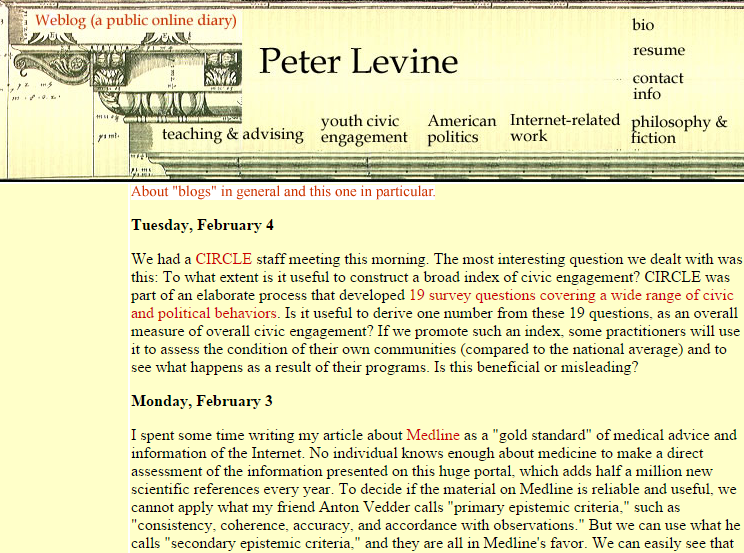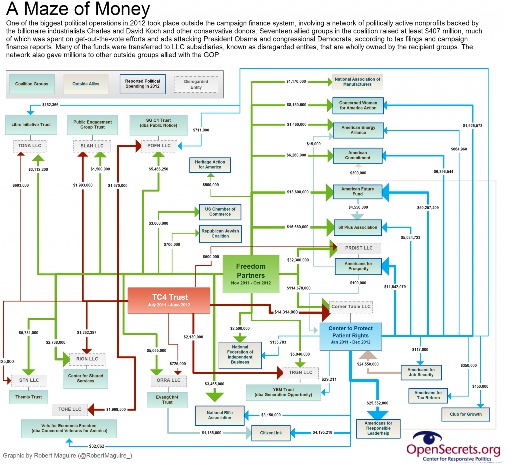A common critique of dialogue is that it is “just talk.” That is: it’s useless to talk about injustice if we don’t act to confront injustice.
This is a reasonable complaint, yet it minimizes the value of dialogue – relegating words to a hollow role of little to no meaning.
I’ve been reading J. L. Austin’s How To Do Things With Words, a compilation of notes from his 1962 William James Lectures. Far from deriding words as “just talk,” Austin starts by examining words as actions.
These performative statements, as he calls them, are verbal actions. Words that accomplish an act.
When getting married, a person says, “I do.” That statement is the act of marrying. When naming a ship, a person might declare “I name this ship…”. To make an accusation, one would rightly say: “I accuse…”
These words are actions.
Austin spends much of his time examining how performative statements such as these may be “unhappy” or infelicitous – a person may not have the authority to name a ship, one person may say “I do” while the other has a change of heart. And, of course, there are those particularly devious forms of infelicity – a person may be insincere in their statements, they may lie or have other intentions.
Such infelicity may abort or debase an action, but Austin has no doubt that there is a class of felicitous speech-acts, which are, indeed, acts.
Consider the sentence, “I promise that…” This, Austin argues, is an action in itself: “It is not a description, because (I) it could not be false, nor, therefore, true; (2) saying ‘I promise that’ (if happy, of course) makes it a promise, and makes it unambiguously a promise.”
Not all talk is performative, of course, though Austin concedes that in a certain sense, all speaking is an act.
When we issue any utterance whatsoever, are we not ‘doing something’? Certainly the ways in which we talk about ‘action’ are liable here, as elsewhere, to be confusing. For example, we may contrast men of words with men of action, we may say they did nothing, only talked or said things: yet again, we may contrast only thinking something with actually saying it (out loud), in which context saying it is doing something.
Yet, Austin’s true interest in performative statements is deeper than simply the act of speaking as an act itself. To clarify this point, Austin sorts the act of “issuing an utterance” into three categories: you can make a sound, you can say a word, or you can – essentially – make a performative statement. Austin here calls this a “rhetic” act.
To be clear, not all sounds are this type of action, but Austin is voracious in his argument that rhetic acts are important and should not be dismissed as “just words.”
Saying something will often, or even normally, produce certain consequential effects upon the feelings, thoughts, or actions of the audience, or of the speaker, or of other persons: and it may be done with the design, intention, or purpose of producing them…
And here we have the crux of the matter: words not only have meaning, they have consequences. Words that are true acts, which are more than “just talk,” have impacts on everyone around us.
Those who decry “just talk” are right to deride hollow or infelicitous comments when action is what’s needed. But Austin, too, is right to highlight the value of words: the value of words as actions, words which can make change.








 Each section of the report dives deeper into each of the core competencies. No doubt, there will be some comments raised about the inclusion of ‘social justice’, knowing that that
Each section of the report dives deeper into each of the core competencies. No doubt, there will be some comments raised about the inclusion of ‘social justice’, knowing that that 